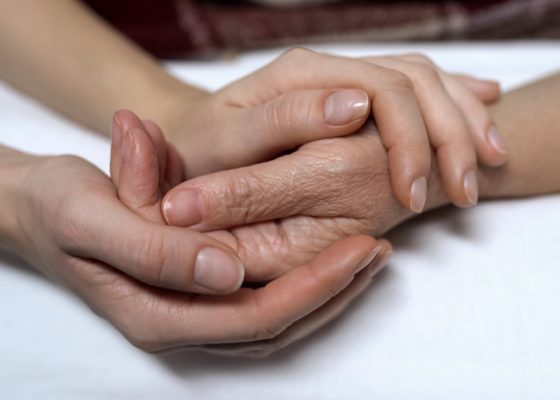Voluntary assisted dying advocates are urging NSW Upper House members to vote down a surprise bill that would take away the right for VAD in aged care.
NSW Liberal MLC Susan Carter has introduced a bill to amend the Voluntary Assisted Dying Act, giving residential aged care homes the right to refuse voluntary assisted dying services in their facilities.
It would bring faith-based aged care facilities in line with faith-based hospitals, which may decline to facilitate VAD on their premises.
In her second reading speech, Ms Carter said it the amendment was not designed to restrict VAD. Instead, it sought to support the right of faith-based facilities to work according to their conscience.
“This bill will not compel any aged care facilities to decline to facilitate VAD on their premises, but it will give them that freedom and that choice that they do not have at present. It will give them that respect for their ethos of valuing life, which is missing now,” she said.
“For residents who may or may not share that ethos, it will retain their freedom to access VAD. It will simply mean that they will be transferred to some other location, typically a hospital, for the last stage of their life. This transfer close to death is not unusual.”
Ms Carter also highlighted other residents may be bothered by the administration of euthanasia in their facility.
“For the roommate in the aged care facility, this looks like the doctor coming into the shared room bringing death, not healing,” she said.
“This would be challenging at the best of times, but even more challenging if the roommate has chosen to live in a faith-based facility and shares those faith values. It will be important for not just roommates but also other residents of the facility.”
VAD advocates, including Go Gentle’s CEO Dr Linda Swan, said the bill amendment was dangerous, however.
“We are deeply concerned about this proposed change that has the potential to inflict serious harm on some of our most vulnerable older people.
“When a person enters residential aged care, that place becomes their home. This bill would unreasonably allow an aged care home to force an older dying person off the premises … no matter how unwell or close to death that person is.
“In effect they would be forced out of familiar surroundings, and away from their friends and community, to be cared for by strangers,” she said.
Already, NSW residents in residential aged care are already struggling to access VAD, particularly in faith-based facilities.
In one example, a woman in a Catholic aged care home has been told she could be assessed onsite but would have to move to another facility for administration. She has a rare cancer of the bile ducts and, at only 32kg, is in immense pain with rheumatoid arthritis and bedsores.
According to her daughter: “She’s in so much pain. Any movement is excruciating. It’s unreasonable to move someone in that situation.”
In Go Gentle’s recently released report, Voluntary Assisted Dying in Residential Aged Care Homes: A national report card, the organisation found only 5% of Australia’s residential aged care facilities provided full access to VAD.
They found 44% of residential aged care providers didn’t respond to requests for information, even after being asked three times.
Related
Deborah Sharp’s mother had a similar experience. Her mother is in a non-faith-based aged care facility in Sydney, and she has contacted them multiple times but never received a straight answer.
“I was always fobbed off. I’d be told ‘we are working on it’, ‘it is in draft’, or ‘our legal people will get back to you’. I never saw any information. I spoke to the manager of the facility. I was told that staff needed training and their faith would make them uncomfortable with this. To date, still no information,” she said.
Go Gentle has written to Upper House MPs urging them to vote against the amendment. In its letter, it highlighted that 75% of the people surveyed don’t support a bid by religious healthcare providers to ban access to VAD in their aged care facilities.
It also cited research from the Australian Centre for Health Law Research, QUT, that found there was significant harm to dying people when providers restrict access to VAD.
Dr Swan urged politicians to remember that publicly funded residential aged care services should be about person-centred care, not provider-centred care.
“These politicians seem to forget that older people have rights no matter where they live. The federal aged care regulator, the Aged Care Quality and Safety Commission, has made it crystal clear that ‘a person should not be disadvantaged if they live in an aged care facility and want information about and/or access to VAD’,” she said.
“We call on Upper House members to vote down this cruel amendment so that older people are not denied their rights – and their choices – just because they call an aged care facility their home.”




